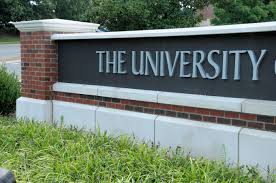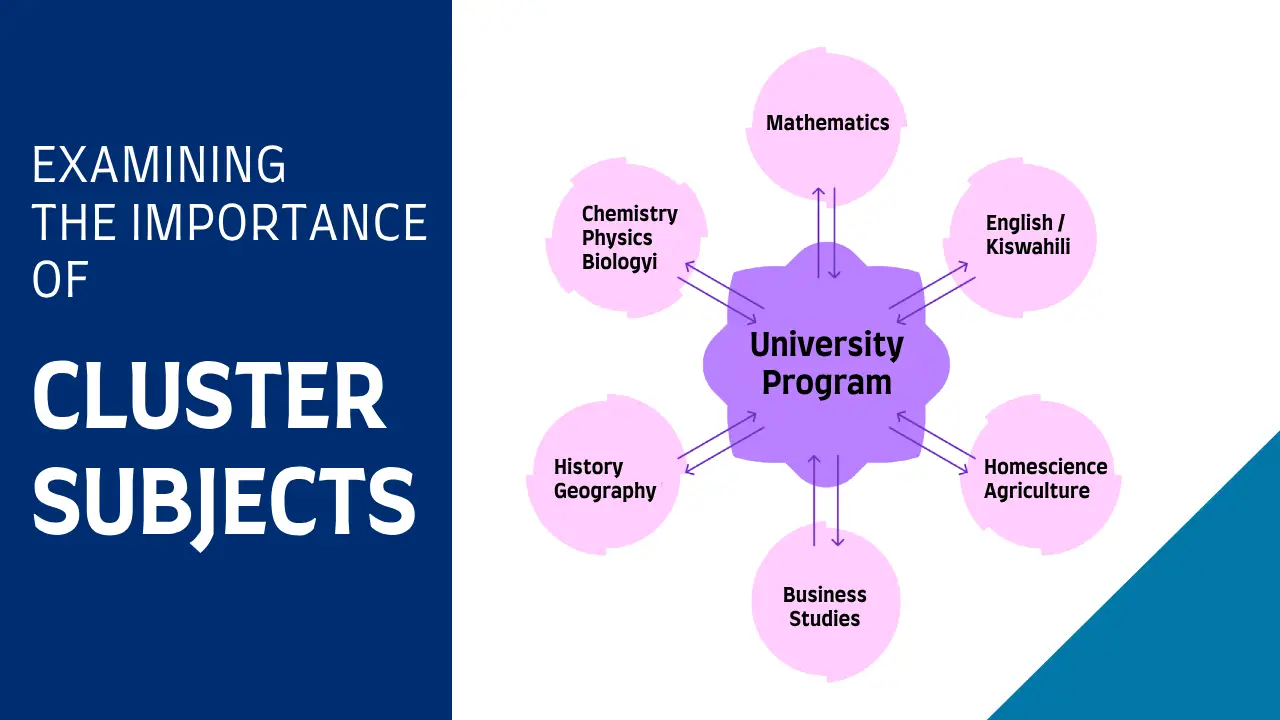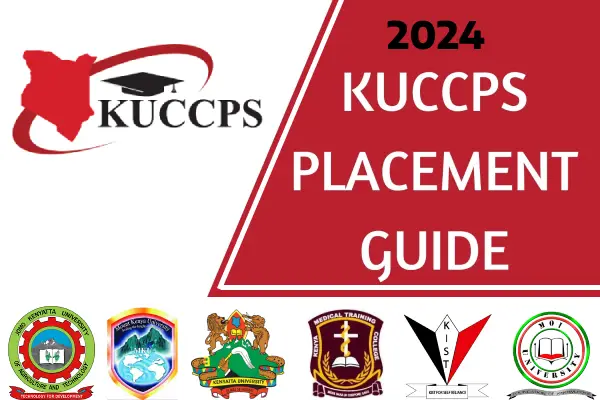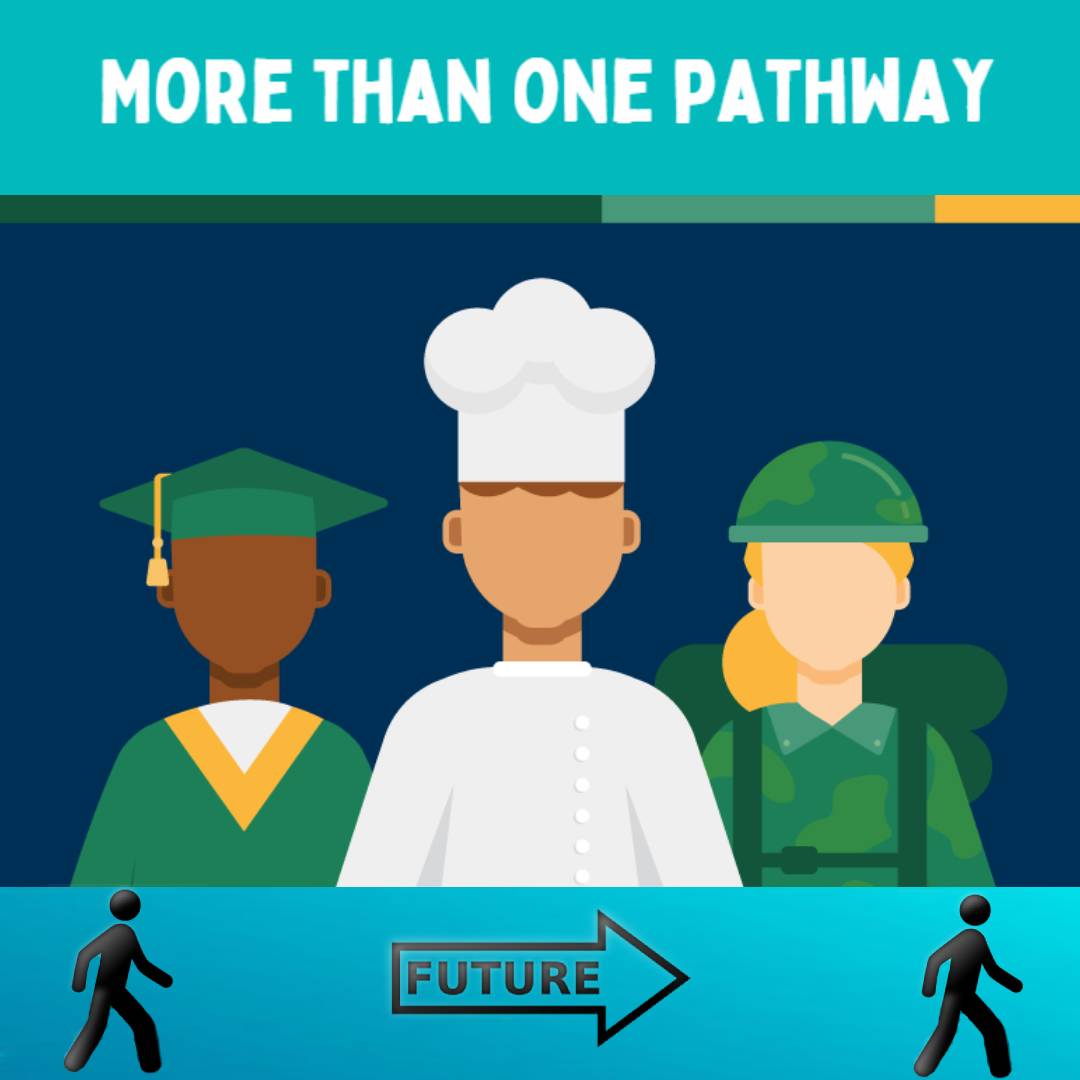
Do you hate the question: what are you doing with your life? We all know it can be difficult to decide what path to follow. However, once you decide, it can be just as hard to find a university program to help you get on that path.
There are many specialized programs to suit tangible career goals out there. What makes a good program? How can you wade through a university’s marketing material to find out whether a program is for you? We had a chat with a university registrar at one of Kenya's leading university's, to find out.
Registrar: My philosophy is that an undergraduate degree is an undergraduate degree. In some respects, employers don’t really care what area it’s from but it sends a message about capability. You probably have good analytical skills; you have writing ability; you have the ability to critically think. To some extent, it’s not about what you took but what you gained from it.
I think sometimes that young people think that they have to have a direction. They’re supposed to be able to say, “Well, I’m going to be an ‘X’.”
But if somebody had told me when I did my undergraduate degree, that I would be in the role that I’m in now, I would have told them they were crazy.
I think we have come to a point where we get so tied to thinking we have to have a career, and we have to define what that career is, that it freezes us. I’ve told so many students: Just pick something that you like to start and let that potentially unfold for you. Be open to trying different things so that something can emerge.
Learning what you don’t like to do is almost as important as learning what you like to do. Part of the difficulty is that there is so much choice now. That is partly why people don’t know what they want to do or they don’t know how to decide.
There are all sorts of things like dual degrees. USIU has a dual degree with a university in USA and you can actually get a degree from both institutions in about two and a half years in any field.
So there’s all of these different ways that you can do things now that didn’t exist before. My feeling is that you need to stay open to the possibilities.
Somo: What if I don’t know what I want to do, but I know I want to go to university?
Registrar: The key is to pick a university or an institution that you think fits with you. Do you know if you are someone who can manage yourself in a very large place? Would you be more comfortable in a smaller institution? Think about what’s the campus life is like, if that is important to you. What kind of opportunities exist that are academic but are also about providing you with a more well-rounded education? If accomodation is important to you, what’s accomodation like? What’s the academic philosophy of the institution? Are they focused on ensuring that by the time you graduate you are going be a well-rounded, capable graduate?
Somo: How can a student find out if a program is actually any good?
Registrar: A student really needs to take the opportunity to talk to a program director or a faculty advisor. Ask them for names of recent graduates that you could talk to, to gain what their experience was like.
Find out if there is a student association for each program. Look for programs that have an active student association because that tells you something about students being engaged.
Let’s say you’re going to be a business student in accounting. Do they have an active student group and does that student group have ties to external bodies like Certified Management Accountants?
So particularly when you are looking for a very specialized program, really look for those types of things.
Somo: All universities have slick marketing and promise the world with their programs. But what really makes a good program?
Registrar: First of all I think the most important thing is that it is something that you have an interest and passion in. So I would even take a step back there and ask, are you really interested in it? Can you get excited about it? What might be a good program for one person is not a good program for another.
I think you should look for relevance. Is there academic rigor in the program? Does it have breath and depth? Does it challenge you to develop beyond your capabilities and beyond capabilities that you might not even know that you have? Does it give the opportunity for any kind of experiential learning? Are there co-op opportunities? Are there international exchange opportunities? The kind of things that will really add to your undergraduate education.
Somo: What questions should prospective students be asking when considering different programs?
Registrar: The one thing I haven’t covered is costs. What will I learn? How satisfied have past graduates been with the program? What can I do with this degree? Both for work and further schooling opportunities. For some people, that is actually where their head is. They are looking for a further academic experience at a graduate level. So ask what other further schooling opportunities exist?
Flexibility is another consideration. Can I take a year off? Can I take a term off? That’s important for a lot of students now. Can I take some time off and come back fairly easily?
Somo: Does taking a specialized program run the risk of ending up with too limited of an education that could lead to narrowed job opportunities?
Registrar: I don’t think so. The only thing that could happen; let’s say you decided you want to do accounting and you got to your fourth year and you had never used an accounting, and you get into an accounting office and you sigh, “Oh my god, I can’t stand this.” Then it might be harder to make a lateral move.
Think about the transferable skills that you gain from anything that you do, whether it’s work or whether it’s school, and think about what you can actually apply to another opportunity. Always think in regards to what are the transferable skills you have and help an employer understand those.
Somo: Is there an advantage to attending a university for a career-focused or applied program, as opposed to going to a technical or vocational college?
Registrar: I think about what’s the right place for you to start. For some students, they need the confidence building of being in a smaller institution that they can transfer from to get to university. That’s a really good place for some students because they may not have felt so confident in terms of their ability and then they get some success and they realize that they are more capable than they thought.
The other thing is that for some people, what they really want to do are trades.
Somo: How can a student learn about internship opportunities? How do these help students transition into the workforce?
Registrar: I think that they are absolutely critical. They help students integrate theory and practice. They help students recognize and gain confidence in what they are learning when they can start to see that emerge in their abilities outside the classroom. I think that in most internship programs students end up in gaining that kind of experience that makes them more competent even when they come back to school. It also helps them focus their interest. It helps them figure out what they really want to do.
Somo: Anything else you would like to add?
Registrar: The final thing would be, do something that you love. Go with what feels right. Be open to other opportunities at your institution. Focus on all of the other things that university offers including the student paper, clubs, and so on.








